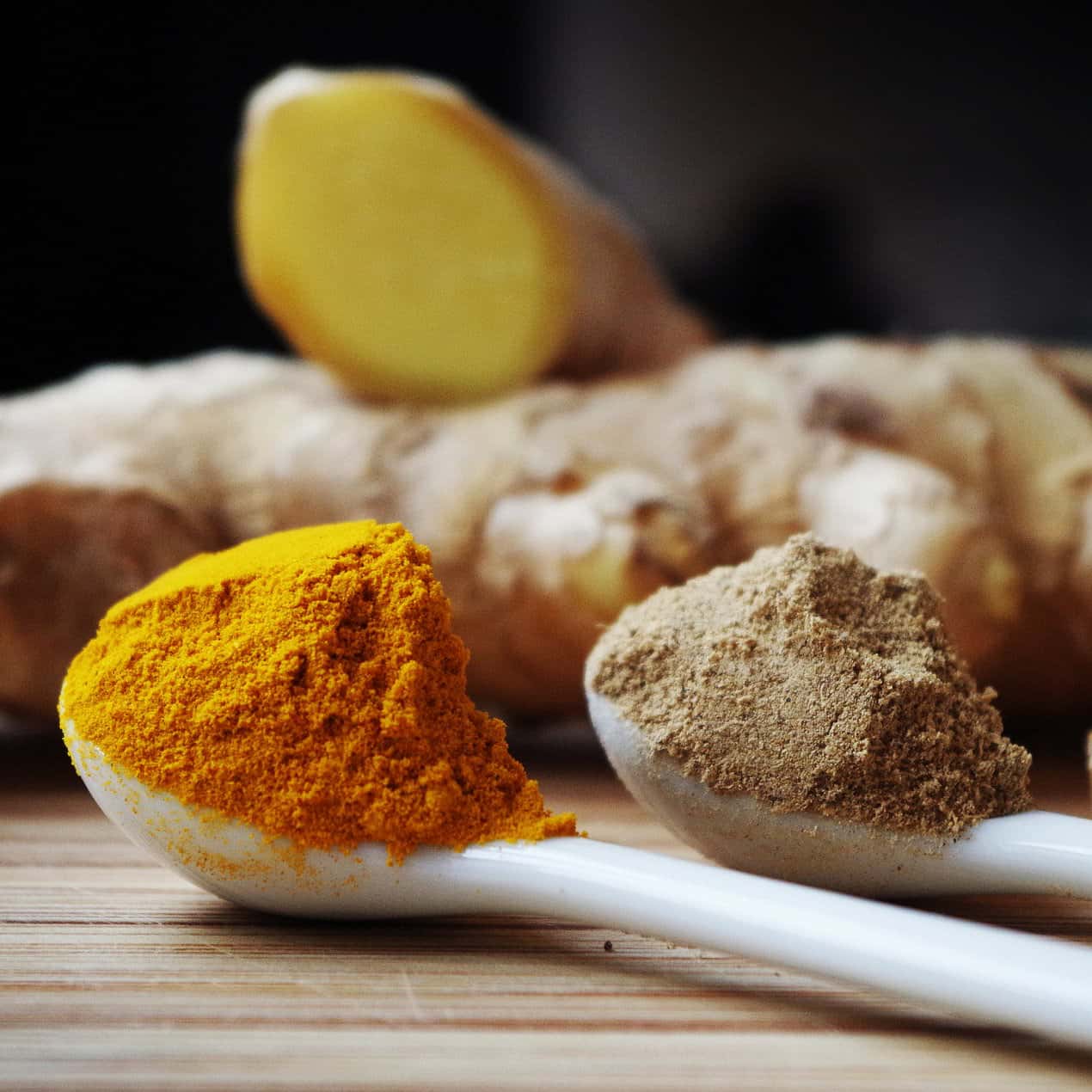
A component of curry seems to have cognitive benefits in older adults. Curcumin is a principal ingredient in turmeric, and turmeric gives curry its distinctive yellow color. A new study of 40 people between 50 and 90 years old found that taking a curcumin supplement improved their cognitive ability, especially verbal and visual memory and attention (Small et al, American Journal of Geriatric Psychiatry, March 2018).
What Did the Researchers Do?
The UCLA investigators randomly assigned the volunteers to take curcumin or a placebo look-alike pill. (They used Theracurmin® 90 mg twice daily as the active supplement, chosen because it is more bioavailable than many other curcumin supplements.) The study subjects took tests before starting and every six months throughout the 18-month trial.
Three-fourths of them also underwent PET scans of their brains to detect changes. The scientists designed these images to detect signs of the plaques and tangles that characterize Alzheimer disease.
What Did the Study Reveal?
The people taking curcumin improved their cognitive test scores by 28 percent. Those who took the placebo capsules did not improve their scores. The group on the active supplement also registered a modest improvement in mood.
The PET scans revealed that those taking curcumin had less amyloid and tau apparent in their brains. These proteins are linked to Alzheimer-type dementia. A reduction of these proteins might help explain their improved cognitive ability.
Curcumin Side Effects:
Curcumin did produce some side effects. Four of the people on this supplement reported digestive distress, while two of those on placebo had a similar reaction.
Curcumin could also interact with warfarin or other anticoagulant medication to make bleeding more likely.
The investigators conclude,
“this relatively inexpensive and nontoxic treatment may have a potential for not only improving age-related memory decline but also preventing or possibly staving off progression of neurodegeneration and eventually future symptoms of Alzheimer disease.”
Other Benefits of Turmeric:
Turmeric has been used in Ayurvedic medicine for thousands of years. It has powerful anti-inflammatory activity, which has been used to ease joint pain. Scientists have reported that it may help protect against cancer and liver disease. Some people find that taking curcumin or adding turmeric to the diet eases their psoriasis. This spice can trigger an allergic reaction for certain individuals, however, so a rash should be taken seriously.
Learn More:
You’ll find much more information about turmeric and other spices that help fight inflammation in our book, Spice Up Your Health: How Everyday Kitchen Herbs & Spices Can Lengthen & Strengthen Your Life.

